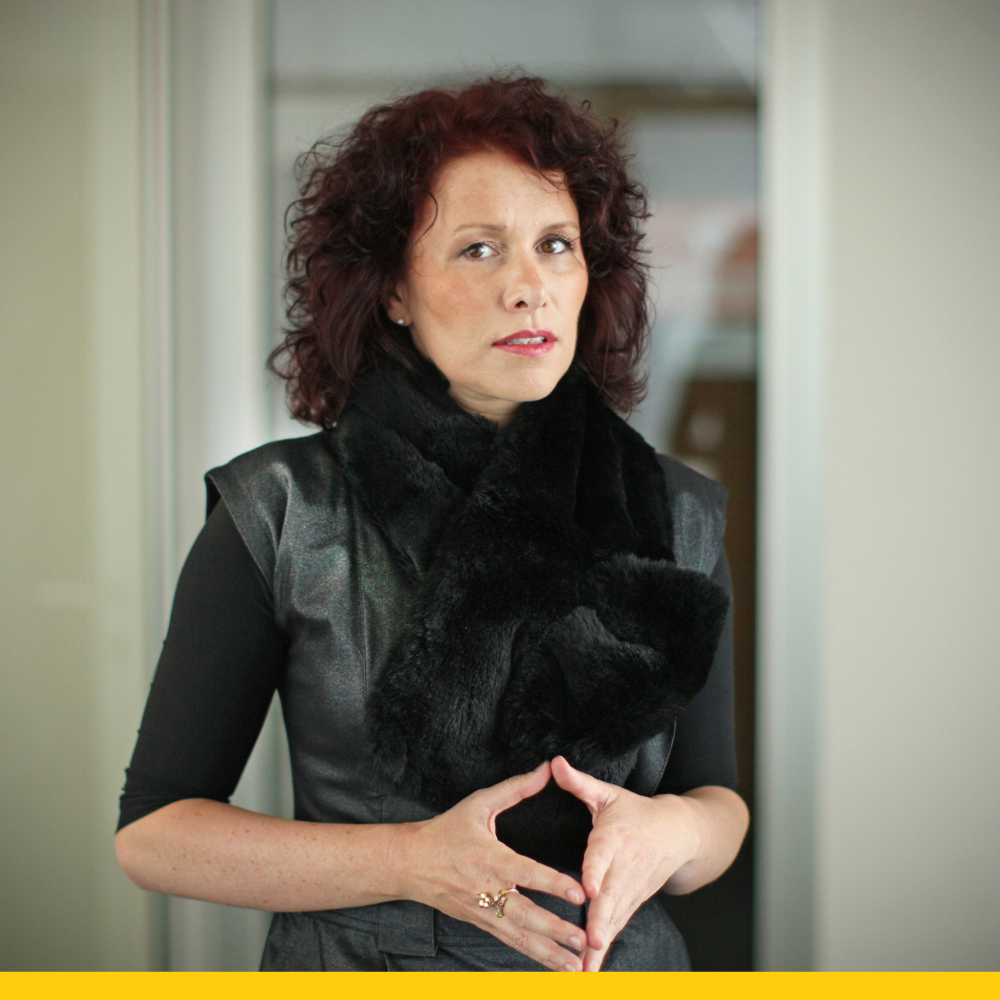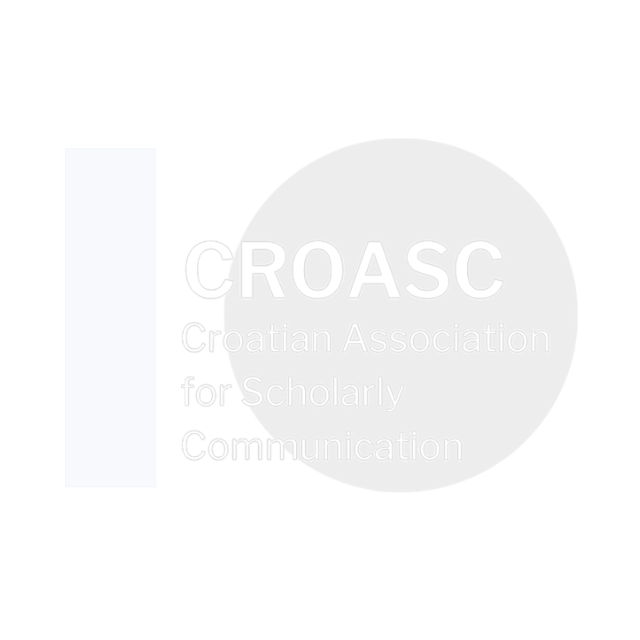Barriers and Enablers for Open Science in Slovenian Copyright law
short talk × thursday × 11.30-13.00
Open Science is widely recognized as a driver of innovation and societal progress. The EU and its Member States have built a strategic and political framework that supports the implementation of principles of Open Science, yet legal barriers – particularly within copyright law – continue to limit its full potential.
Slovenia has implemented a structural, political and legal framework that supports the implementation of Open Science principles in practice. The KR21 study of barriers and enablers of Open Science in Copyright law analyses three jurisdictions. The presentation will focus on Slovenian copyright law and will present several barriers as well as enablers.
A key finding is that there is a gap between Open Science strategic and political commitments and legal realities. Although Slovenia has adopted a national strategy, along with policies and laws to promote Open Science, copyright law has not yet been aligned with these objectives. Instead, researchers must navigate a complex landscape where legal uncertainties, contractual restrictions imposed by law or legal presumptions create obstacles to the effective management of their copyrights according to principles of Open Science, including for publicly funded works.
The presentation will also address the fact that national differences in copyright law create challenges for cross border cooperation among researchers in general, and even more so in the area of Open Science. What is legally permitted in one country may be restricted in another, leading to an uneven landscape that complicates the international dissemination of scientific knowledge and limits the impact of the effort and funding invested in producing open knowledge.
Researchers and scientists have called for several decades now for a better legal environment for their research and scientific activities, including a more balanced copyright law, in order to achieve the full potential of science and research for the development of society. Open Science initiatives that rely on bottom-up approaches, for example through contract negotiation, can help mitigate some of these limitations. This is especially the case in the absence of balanced copyright frameworks with legally certain, broad and harmonised research exceptions. Even the efforts and activities of Open Science, which legally depend on private licences and contracts, are potentially severely hindered by copyright regimes today. Copyright regimes should be better framed to support research and science and should be rapidly reformed not to hinder Open Science.
keywords
Open Science Policies, Copyright law, barrier, enabler, rights retention, secondary publication rights
References
Maja, B. J., Deborah, D. A., Katulić, T., Bauer, M., & Pipan, L. (2025b). Barriers and Enablers for Open Science in Copyright Law. Zenodo. https://doi.org/10.5281/zenodo.15574456
presenter's biography
Dr. Maja Bogataj Jančič is the founder and head of the Open Data and Intellectual Property Institute, ODIPI. Maja is a copyright expert; her current work focuses on copyright and Open Science, open data, and data governance for AI. Maja is the National and Regional Coordinator for the Knowledge Rights 21 programme. In the past she has been ERA (European Research Area) Action 2 (impact of copyright and data regulation on research and innovation) lead for Slovenia, appointed by the Minister of Higher Education, Science and Innovation. Maja is an expert in the Data Governance Working Group of The Global Partnership on Artificial Intelligence (GPAI) that she previously cochaired from 2020 to 2023. Maja is a board member of Communia, and has been the legal lead of Creative
Commons Slovenia since 2004.
Maja graduated from the Faculty of Law in Ljubljana (1996) and obtained her LL.M. from the Faculty of Law in Ljubljana (1999, Economics), Harvard Law School (2000, Law) and Facoltà di Giurisprudenza di Torino (2005, Intellectual Property), and her Ph.D. from the Faculty of Law in Ljubljana (2006, Copyright).

